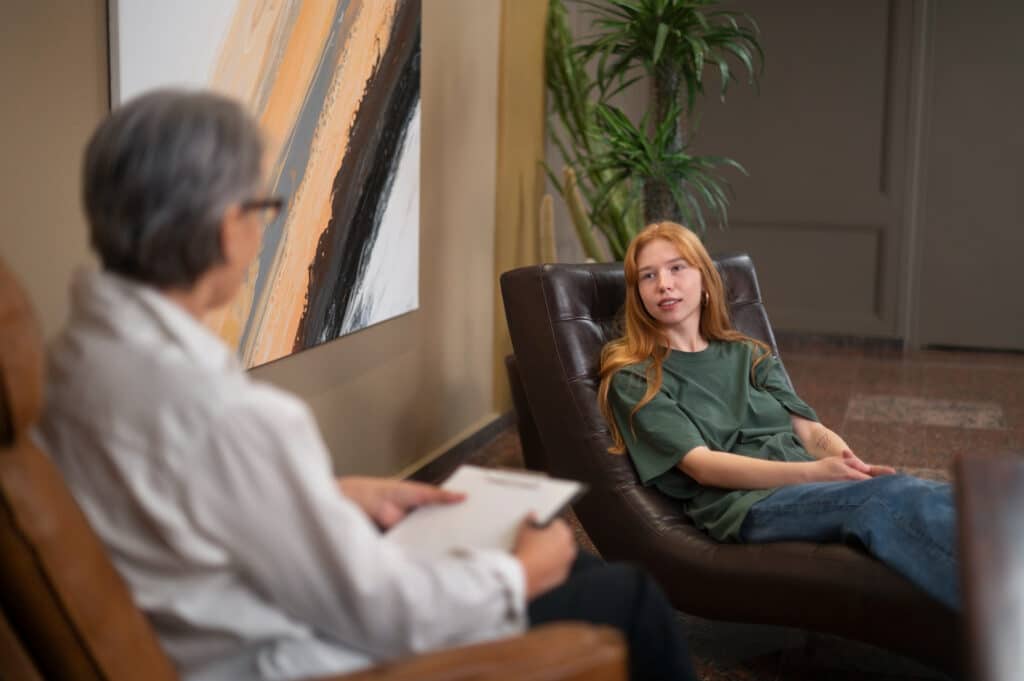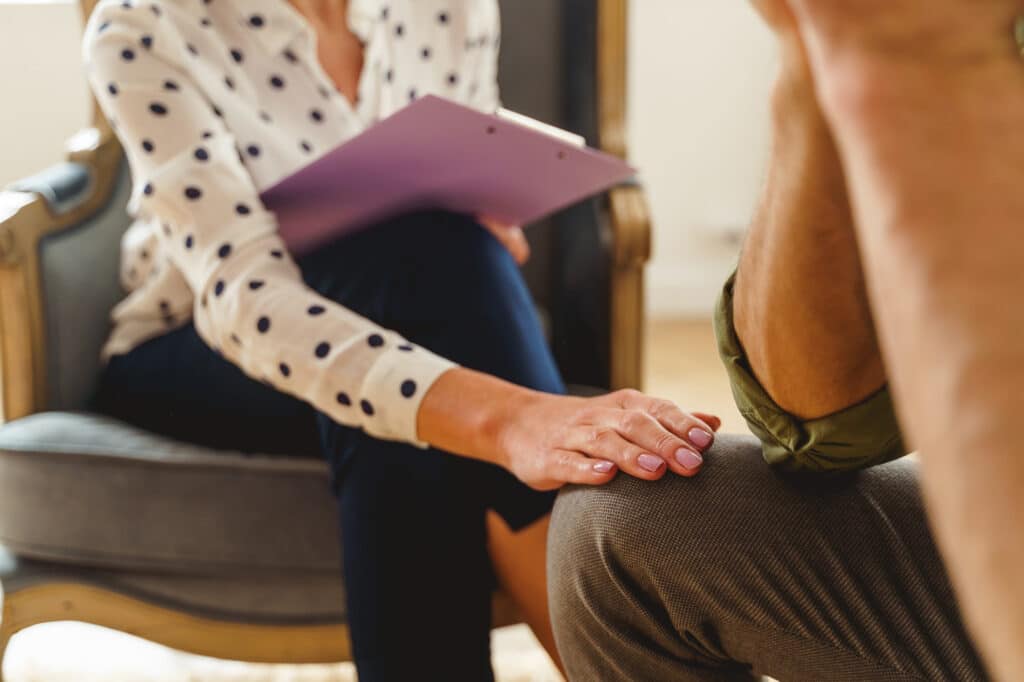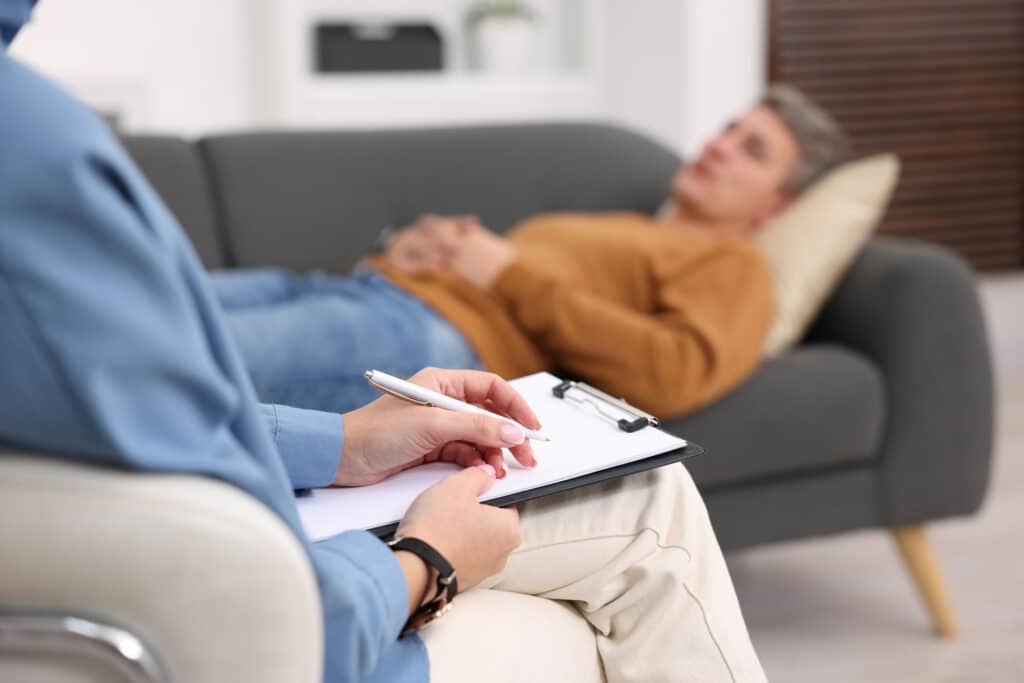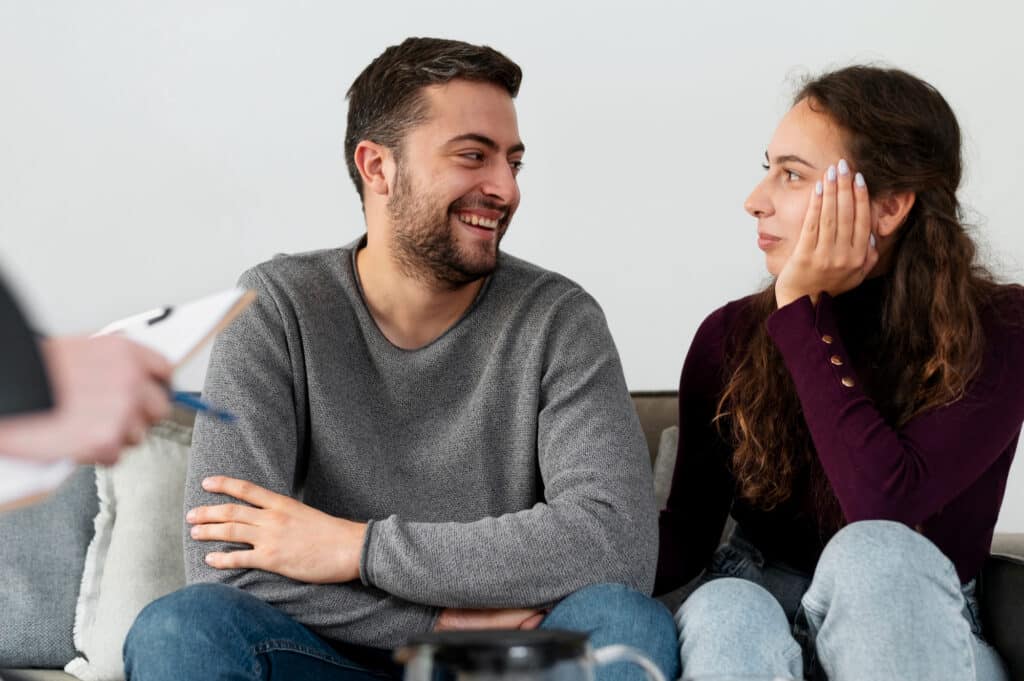Relationships can be very rewarding, but also difficult. Conflicts, communication issues, or life transitions can test even the strongest couples. And when things get tough, many couples begin to wonder what couples therapy is and if it could help them restore balance and trust to their relationship.
Whether you’re facing frequent arguments or simply want to strengthen your bond, seeking professional guidance can provide clarity and direction.
If you find yourself in this situation and are interested in seeking couples therapy in New York City with an experienced and trusted professional, working with Daniel Criado, a bilingual psychologist, is your best option.
Who Provides Couples Therapy?
Choosing the right provider is important. Couples therapy is typically offered by licensed mental health professionals who specialize in relationships and family systems. These professionals may be:
- Licensed Psychologists: trained in evidence-based therapies and experienced in diagnosing and treating mental health concerns that may affect relationships.
- Licensed Marriage and Family Therapists (LMFTs): clinicians who specialize specifically in couple and family dynamics.
- Licensed Clinical Social Workers (LCSWs): professionals with training in counseling, case management, and therapy for couples and families.
For Spanish-speaking couples, finding a bilingual psychologist for couples therapy in New York, like Daniel Criado, ensures both partners feel equally heard. Working with someone who understands cultural nuances, communication patterns, and emotional needs helps couples feel supported.

How Does Couples Therapy Work?
Sessions usually begin with both partners meeting the therapist together. The therapist will ask questions to understand the couple’s history, individual backgrounds, and the current challenges.
Let’s see what you can expect in couples therapy:
- Assessment phase: The therapist identifies the main issues causing distress and helps both partners clarify their goals.
- Active sessions: Couples engage in guided conversations, communication exercises, and conflict-resolution strategies.
- Skill building: Partners learn to recognize unhealthy patterns and practice healthier ways of relating to each other.
- Homework: Many therapists assign exercises to complete between sessions, encouraging couples to practice new skills in real-life situations.
Understanding how does couples therapy work can ease the uncertainty many people feel before starting. Couples therapy helps partners understand each other’s perspectives and find common ground. The process is not about assigning blame.
Benefits of Couples Therapy
The benefits of couples therapy go far beyond simply reducing conflict. For many couples, therapy becomes a safe space in which to express concerns that might otherwise remain anonymous. With consistent participation, couples often experience:
- Improved communication: Learning to express needs and listen actively.
- Conflict resolution: Discovering constructive ways to manage disagreements.
- Stronger emotional intimacy: Rebuilding trust and connection. It is an opportunity to reestablish empathy and closeness.
- Better problem-solving: Working together as a team when facing life stressors.
- Support for life transitions: Navigating changes such as parenthood, career shifts, or relocation.
It’s important to note that these benefits aren’t limited to couples in crisis. Newlyweds often turn to therapy to build a solid foundation for their future, while long-term couples can seek guidance to rediscover passion and improve daily communication. Regardless of the stage of the relationship, therapy provides practical tools for growing together in a healthier and more supportive way.
How Long Does Couples Therapy Last?
The length of couples therapy depends on the couple’s goals and the complexity of their challenges. Some may only need short-term therapy (perhaps 8–12 sessions) focused on communication skills. Others may benefit from longer-term therapy that addresses deeper issues such as betrayal, trauma, or chronic conflict.
Therapists often recommend weekly sessions at the beginning, tapering off as the couple gains confidence in applying what they’ve learned. The most important factor is commitment: progress comes when both partners actively engage in the process.
While the therapist provides structure and guidance, the couple’s willingness to be open, honest, and consistent is what truly determines how long therapy will last and how effective it will be in the long run.
Common Therapeutic Approaches and Tools in Couples Therapy
To understand better what is couples therapy and enrich your expectations, it helps to know not just that it works—but how it works through specific approaches and tools. These methods are the engines behind the process, helping couples grow, heal, and reconnect.
Key Therapy Modalities
- Emotionally Focused Therapy (EFT): Focuses on emotions that drive negative cycles and fosters secure bonds.
- Gottman Method: Teaches skills to reduce harmful behaviors and improve communication, intimacy, and friendship.
- Cognitive Behavioral Therapy (CBT): Identifies unhelpful thought patterns and encourages constructive behavioral changes.
- Integrative Behavioral Couples Therapy (IBCT): Balances acceptance and change by addressing both emotional understanding and practical behavior.
Common Tools and Practices
- Assessment and feedback: Used early on to identify challenges and goals.
- Communication exercises:Techniques like reflective listening and appreciation practices.
- Conflict resolution strategies: Tools for finding solutions without blame.
- Homework: Practical exercises outside sessions to reinforce skills learned.
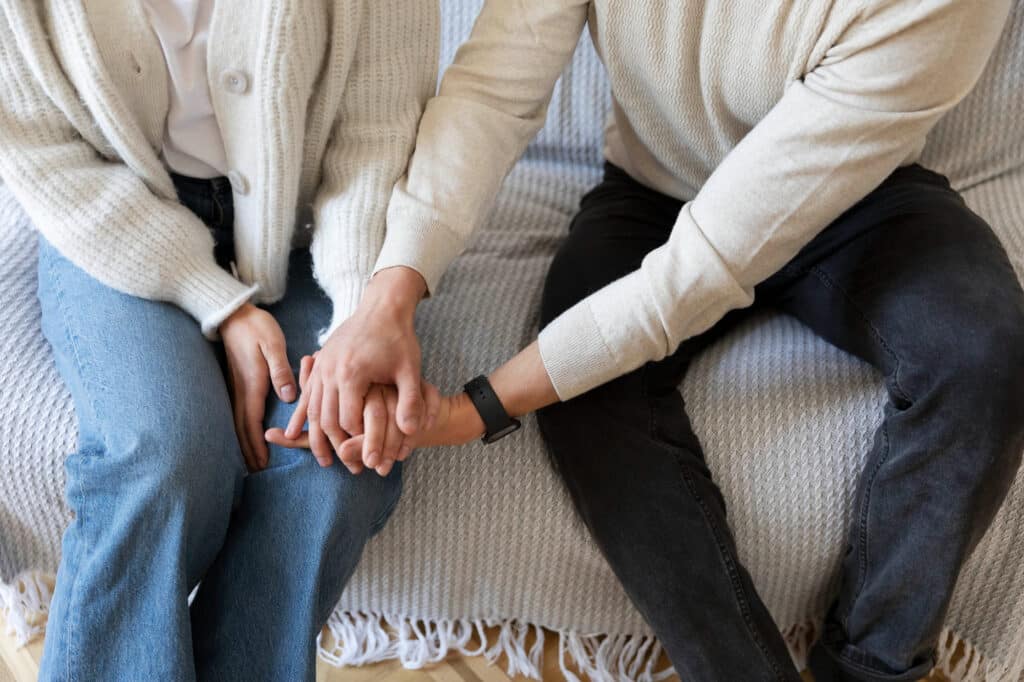
Why These Approaches Matter
These therapeutic frameworks are more than techniques—they help couples shift from frustration to understanding, from blame to empathy, and from disconnection to reconnection. When applied consistently, they can transform not just conflicts but the overall quality of the relationship.
Taking the First Step Toward a Healthier Relationship
Deciding to seek therapy is often the hardest part, but also the most important. Couples therapy isn’t just for those in crisis; it’s also a proactive tool for building stronger communication, a deeper emotional connection, and healthier ways of managing conflict. By choosing to work with a professional, you and your partner have access to a safe and supportive space where both voices are heard and respected.
Daniel Criado offers couples therapy in New York with personalized, confidential, and bilingual guidance to help couples from diverse cultural backgrounds find clarity and balance.
Ready to strengthen your bond and invest in your future together? Contact Daniel Criado today to schedule your first session and discover how couples therapy works. Take the first step toward a happier, healthier relationship.
And… if you’re still unsure about what is couples therapy is or how it works, the key is to remember that you don’t need to wait until your relationship reaches a breaking point.



